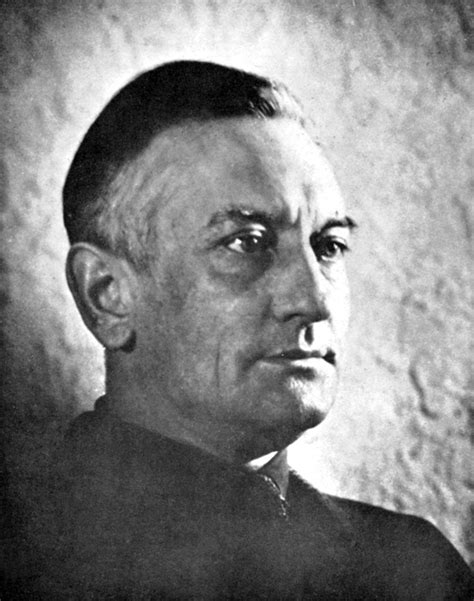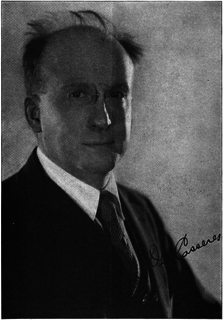A Quote by J. I. Packer
The incarnation is in itself an unfathomable mystery, but it makes sense of everything else that the New Testament contains.
Related Quotes
I believe there is something of the divine mystery in everything that exists. We can see it sparkle in a sunflower or a poppy. We sense more of the unfathomable mystery in a butterfly that flutters from a twig--or in a goldfish swimming in a bowl. But we are closest to God in our own soul. Only there can we become one with the greatest mystery of life. In truth, at very rare moments we can experience that we ourselves are that divine mystery.
The true makes of history are the spiritual men whom the world knew not, the unregarded agents of the creative action of the Spirit. The supreme instance of this-the key to the Christian understanding of history-is to be found in the Incarnation- the presence of the maker of the world in the world unknown to the world. ... The Incarnation is itself in a sense the divine fruit of history-of the fullness of time-and it finds its extension and completion in the historic life of the Church.
But though every created thing is, in this sense, a mystery, the word mystery cannot be applied to moral truth, any more than obscurity can be applied to light. ... Mystery is the antagonist of truth. It is a fog of human invention, that obscures truth, and represents it in distortion. Truth never envelops itself in mystery, and the mystery in which it is at any time enveloped is the work of its antagonist, and never of itself.
Everything is grounded in mystery. Everything is swimming, and the stable does not exist. Life is a series of guesses, and there is mystery in a match. The commonplace is the habitual, and the habitual is a mystery that has grown stale from sense-insistence. Life undulates; there is no such thing as a level; a straight line is a myth, and all directions are indirections.




































